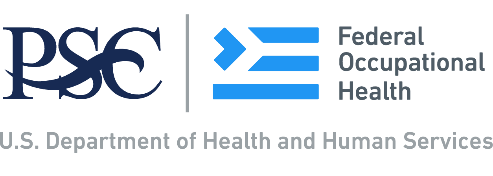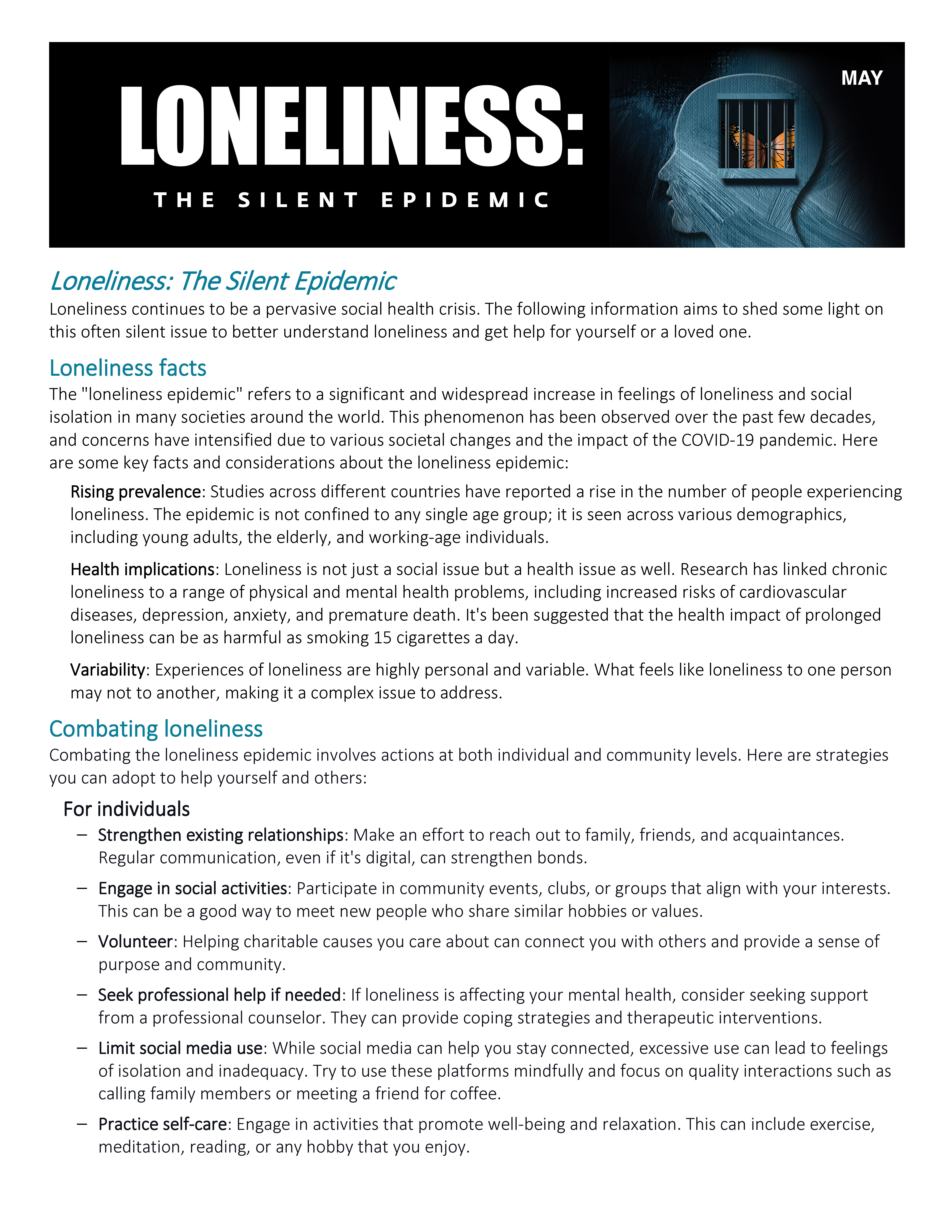

Because digital communication prevails over face-to-face interactions more each day, effective communication has never been more essential. Whether in personal relationships, professional settings, or casual encounters, how we communicate can significantly influence the outcome of our exchanges. This month, we delve into the core aspects of mindful communication — presence, active listening, and body language.
The Power of Presence
Being present is not just a prerequisite for conscious communication; it's the very essence of it. Presence not only strengthens relationships but also makes room for open and honest dialogue to flourish. In a world teeming with distractions, from smartphones to ever-growing to-do lists, maintaining presence during conversations can often be a challenge. Yet, it is crucial for forming stronger connections. It signifies that you’re fully engaged in the moment, both mentally and emotionally, and conveys to the other person that they have your undivided attention, making them feel valued and understood.
Active Listening: The Foundation of Understanding
Active listening is a skill that elevates communication from a mere expression of words to a deeper level of engagement. It involves listening not just to respond but to understand. Paying close attention to the speaker’s words, tone, and body language and providing feedback that shows you comprehend their message conveys respect, demonstrates empathy, and signals that you value their perspective. By practicing active listening, you can avoid misunderstandings, resolve conflicts more constructively, and strengthen relationships with others.
Body Language: The Unspoken Dialogue
Body language plays a more significant role in communication than you might think, as it often conveys more about our intentions, feelings, and responses than words alone. Various non-verbal cues that we use to express and interpret meaning can greatly affect how others receive our messages. Positive body language — maintaining eye contact, nodding in agreement, and leaning slightly forward — for example, enhances engagement and trust in conversations. Conversely, negative body language — crossing your arms, pointing your feet toward the door, or looking away as you speak — might signal disinterest or discomfort and undermine the effectiveness of the interaction.
Beyond the Basics: Other Crucial Communication Skills
While presence, active listening, and body language are foundational, several other skills can further refine your communication abilities:
- Empathy:
Being able to recognize, understand, and share another person's feelings bridges gaps and fosters deeper, more genuine connections.
-
Clarity and conciseness: Straightforward, succinct message delivery helps prevent misunderstandings and keeps conversations focused and productive.
-
Feedback: Whether given or received, feedback transforms communication from a one-way transmission of information into a two-way interaction. This type of engagement is essential for building bonds, fostering dialogue, and ensuring participation from all involved. When delivered thoughtfully, constructive feedback can inspire growth and facilitate positive change and improvement.
-
Adaptability: Adjust your communication style, method, and approach based on the audience, context, and specific situation. This is an especially invaluable skill for successful interactions with diverse individuals or groups.
Conscious communication is central to cultivating relationships, resolving conflicts, and leading teams, and requires practice, patience, and mindfulness. With these tips, continual learning, and regular feedback from others, you can hone your communication prowess and make every interaction more meaningful and productive.
Download the Campaign
|
For additional recommendations or information on enhancing your communication skills and style, contact your Employee Assistance Program (EAP). Consultants are available 24/7 to offer resources and guidance.
24 HOURS A DAY
The EAP is a voluntary and confidential employee benefit available to eligible federal employees at no cost. |








